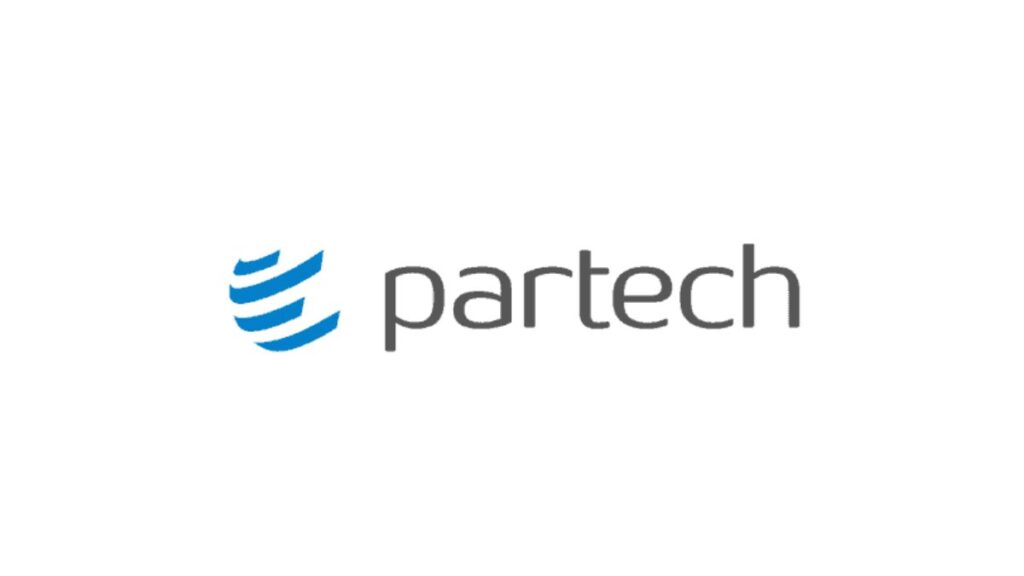A Paris-based global technology investment firm, Partech, has closed its fourth seed fund, the Partech Entrepreneur IV. It will invest between €300,000 and €3 million in around 50 startups.
Partech received backing from financial institutions and corporations, as well as 35 entrepreneurs who previously received Partech investments. Romain Lavault, General Partner at Partech, spoke about Partech and the tech sector’s future.
As the first AI software company in France, Lauvault received the largest seed round ever in France, €5 million, when he started it in 2002. His exit from Partech in 2011 led him to join Partech. “That’s how I made the jump from being on the other side to investing,” he says. “And two of us were backed by Partech!”
Partech Overview
Partech, a tech investor with roots in both San Francisco and Paris, founded by Vincent Worms ,is one of the most active firms in the industry, providing finance, operational know-how, and strategic support to business owners at the seed, venture, and growth phases. 210 businesses from 40 different countries are part of the portfolio at this time.
Partech gains a deep understanding of the startup environment and a vast range of knowledge for its portfolio through the involvement of former entrepreneurs. Alan, the health insurance app, Sorare, the fantasy sports platform, NFT, and Xendit are all examples of this impressive track record.
Opportunities abound in a challenging economy
The startup sector faces challenges right now, Lavault acknowledges. However, he also points out that this isn’t that unusual, since investment was affected by the 2008 downturn, and he started when tech confidence was low after the dot-com bubble. He believes, however, that now is a good time to invest.
He says that a dilemma brings about fresh possibilities. New issues arise during a tragedy. And, in a crisis, people look for more efficiency. Lavault sees opportunities across a wide range of industries, from the rise in mental health awareness to the increasing opportunities to invest in space technology.
As a result, Lavault notes the benefits of encouraging a diverse investment set, which is why the fund is not limited to a particular sector or geographical area. “Diversity is crucial, especially in seed,” he declares, citing as an example that “when we look at seed, we are dealing with real-world problems, things that have an actual impact on people.” Without diversity, he believes they risk missing out on opportunities.
“If you look at partners, many of whom are former entrepreneurs, it reflects a lack of diversity ten years ago.” Lavault continued, “I don’t think the diversity among entrepreneurs has significantly improved.”
As a way to address this issue, Partech has signed up for the Sista Pledge. “Almost all venture capitalists in France have taken it,” he says. By 2030, everyone has committed to 30% male partners and by 2040, 50% male partners. We are on a journey like that. His increased geographic reach is also a factor. “We had not done anything in Africa five years ago, but now it accounts for almost 25% of all activity.”
Aside from crypto and metaverse, Lavault discussed current tech trends. In both cases, he feels they are going through a maturity crisis, the equivalent of difficult adolescence, where they are still trying to find their place. In crypto, in particular, the lack of regulation has created uncertainty.
The metaverse is still trying to find its footing as a number of different areas must be addressed: the technology, infrastructure, and content. According to Lavault, augmented reality could potentially be the missing link that helps it breakthrough. While he has yet to truly immerse himself in virtual or augmented environments, he can imagine numerous use cases – such as GPS navigation on glasses while biking or being able to identify people at a party with the help of AR – that would draw him in.
Lavault offers some advice to those hoping to benefit from Partech’s latest fund.
It is important to take personal approaches. Even when indirect, an introduction can make a huge difference. “I don’t trust a LinkedIn request. I don’t trust cold emails. I don’t know that person,” he says. “But even if it’s just being bounced by someone in my network, then this changes everything.”
In addition to stating that he has invested in a startup from a cold approach once, he also notes that some of his best investments had two things in common with them. The first is having great employees, “because the people they recruit aren’t founders, they’re risking a lot. The reason they join is because they believe in the mission. This is the best indirect due diligence we can have.”
He added that storytelling is the key to success. “I want to be blown away by the way they convey the vision, their motivation, and how it’s rooted personally,” he said. In the next round, they will tell this story to future employees, bankers, partners, and VCs, and finally to the market when necessary.
